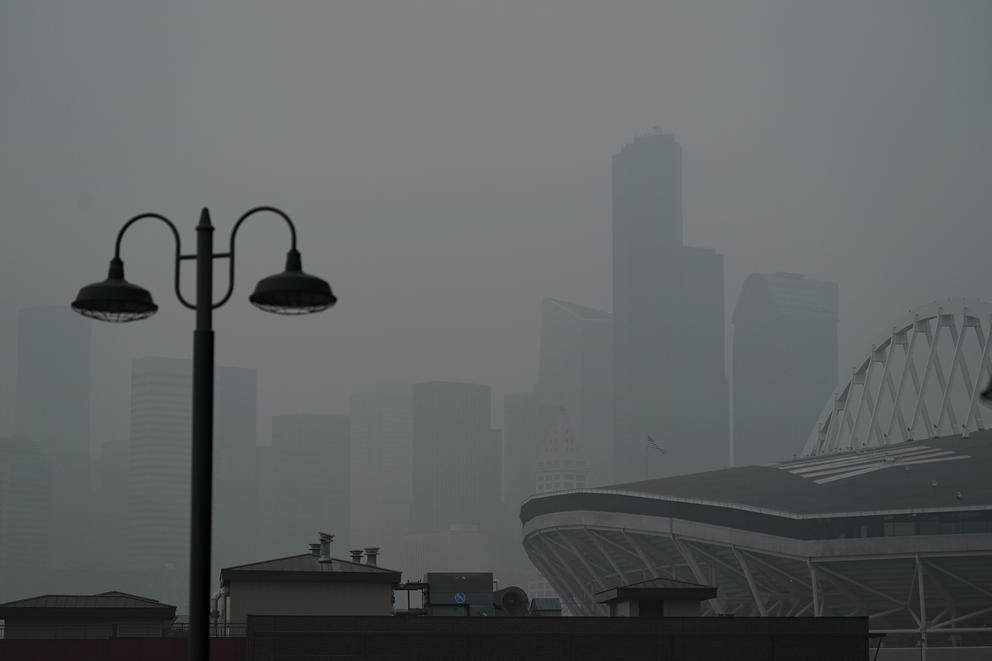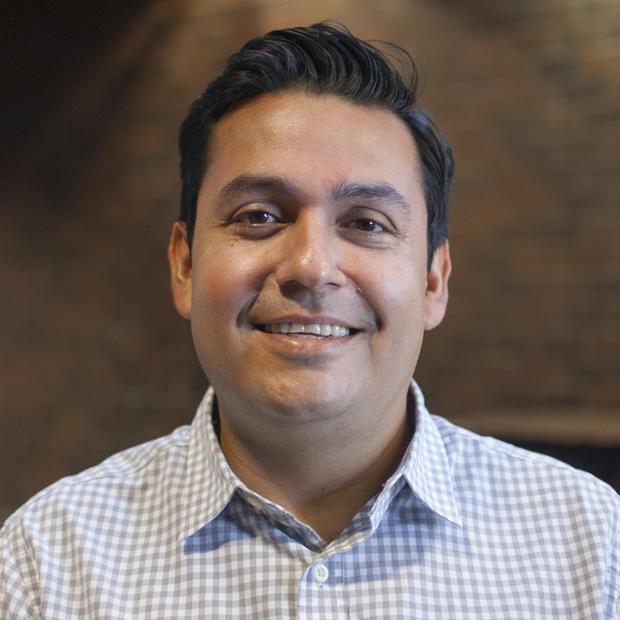Extreme heat, drought, and massive fires may well be a new normal for the Pacific Northwest. The latest report from the Intergovernmental Panel on Climate Change indicates that the worsening effects of climate change will visit us again, and more frequently. This report also suggests that we may have as few as 12 years to act if we are to cut global carbon emissions by 45% and stave off the worse of these effects.
Can we do it? And by “we” here, I am referring to our society overall, but primarily to those we’ve elected to make policy on our behalf. So far, our political systems have proved ineffectual in responding to climate change. For one, politicians cannot agree on how to govern, much less on what should be prioritized in their governance; further, many politicians don’t seem to agree on how dire climate change is and how aggressive policy responses ought to be.
Recently, New York Times columnist Ezra Klein raised a question among environmental thinkers: What if American democracy fails the climate crisis? It’s a question we in Puget Sound and throughout the Northwest ought to be taking rather seriously.
The Biden administration brought the U.S. back into the Paris Agreement on climate change. Still, only a few of the world’s countries are on track to meet the Paris Agreement’s goals, and the U.S. is not among them. President Joe Biden introduced an ambitious climate agenda and an infrastructure bill to help meet those goals, but the most recent bipartisan version of the infrastructure bill — less than a quarter of the size of Biden’s original proposal —leaves out investments in climate research and clean energy.
If the federal government and our larger political systems prove incapable of meeting this challenge on our behalf, what’s left for us? We can act locally.
This latest version of the IPCC report marks the first time the climate agency broke down findings and predictions by region. As Paola Arias of the University of Antioquia in Colombia noted, “this report gives regional information that is going to help us make decisions at the regional level."
Now that we have more insight into the regional effects of climate change and further predictions to go by, we would do well to conceptualize a plan to conduct research and develop solutions that meet the particular challenges of our region. For a model, we just have to look to the other side of the country, where New York City is planning to turn Governors Island into a living laboratory for climate research.
The proposed project — which has already garnered monetary supports in the millions from local government — would turn all 172 acres of the island into a site for research and policymaking that supports a Climate Solutions Center. This center aims to “broaden the study of change [in order to] pilot solutions that will have a direct impact on New York communities, particularly low-income neighborhoods that bear the brunt of extreme weather.”
The reason we want to be thinking about a similar approach here is illuminated by what Vicki Been, the city’s deputy mayor, said about lessons learned from one of New York City’s climate-related catastrophes: "One of the things that we certainly learned during [Hurricane] Sandy is that many of the kind of responses of the federal government, and the way that money was structured to flow in to help neighborhoods, was very much based upon a model that isn't a dense urban environment."
As is the case in the Big Apple, our experience of climate change is unique to our region. The types and structures of support we may get from our federal government may not be a precise fit for our challenges — and that’s if a divided government can come together to offer it adequately.
To develop a local set of solutions that fit our unique challenges will require public investments as well as ample resources from industry and the philanthropic sector. It will require space. It will require regional experts, including the scientists and researchers in our region’s many institutions; it will require members of the public, especially those who live among communities that are disproportionately experiencing — and will experience — the worsening impact of climate change. Of this, Michael Oppenheimer, the director of the Center for Policy Research on Energy and the Environment at Princeton University, and early adviser to New York’s Climate Solutions Center, has this to say: “You actually can sit in an urban area and watch as people respond to the changing world and potentially participate in development of these solutions to these problems.”
Locally, we count on several powerful resources that could be leveraged toward this regional-local response to climate change and its impacts. The technology and philanthropic sectors, our various advocacy and activist communities and our research institutes and universities — all of these can be players in the establishment and running of our own living laboratory and solutions center, one which helps us make better, local policy, and which offers practical and just solutions.
We have a choice before us: wait and see if our political systems can mend themselves in time to address the varied and various challenges climate change poses at a national scale (and we hope they can), or we can start devising and developing local solutions now. In the best-case scenario, both possibilities merge and we are better off for it, but if we can count on only one for sure, let’s make the most of what we have here, locally, and start working toward a Climate Solutions Center for the Puget Sound area.



